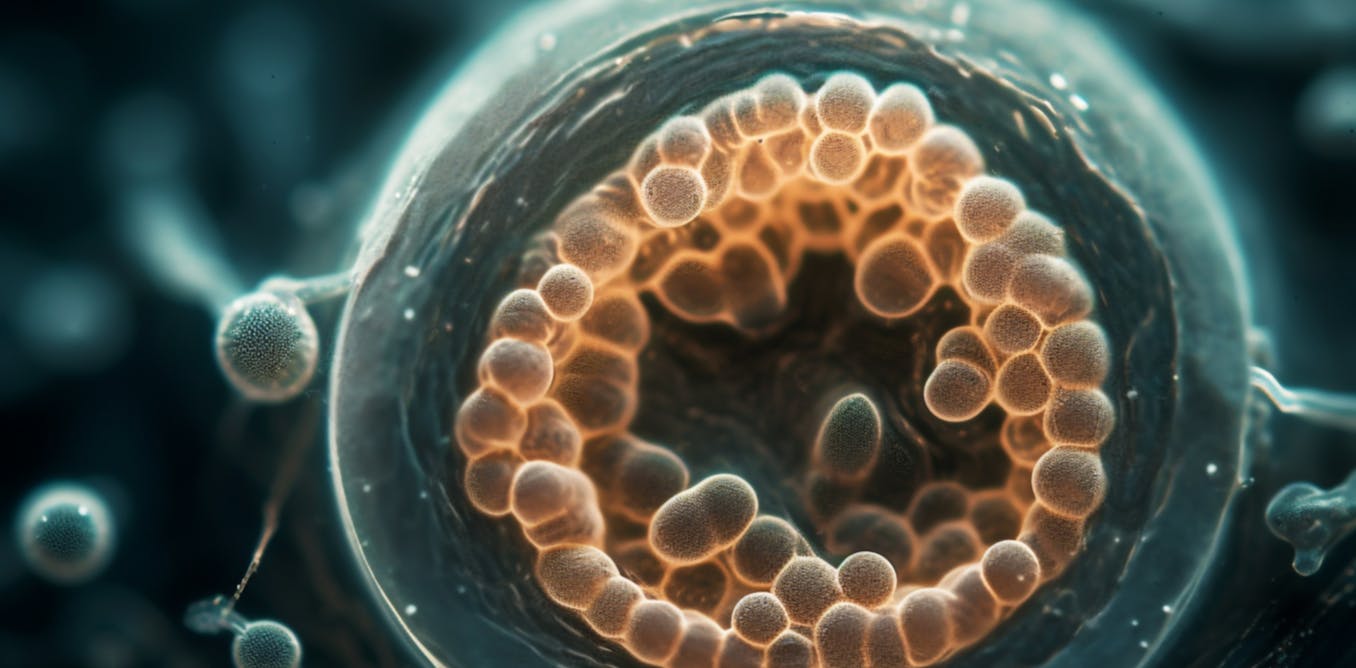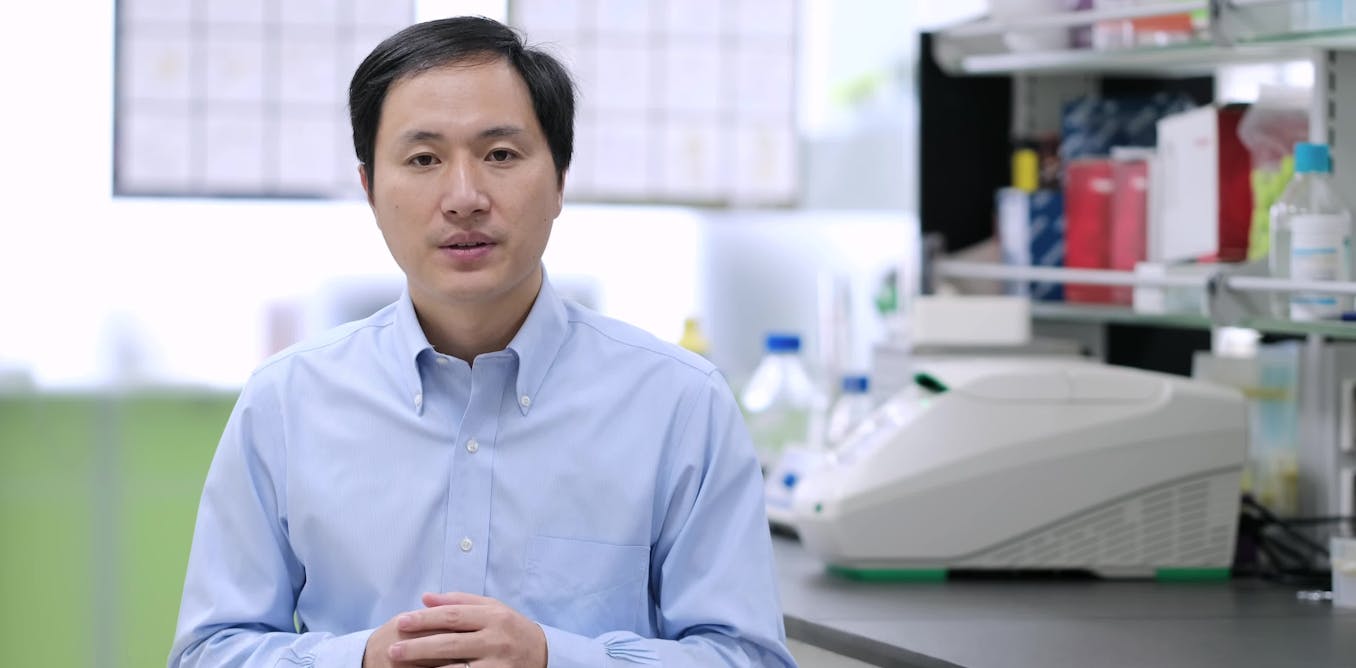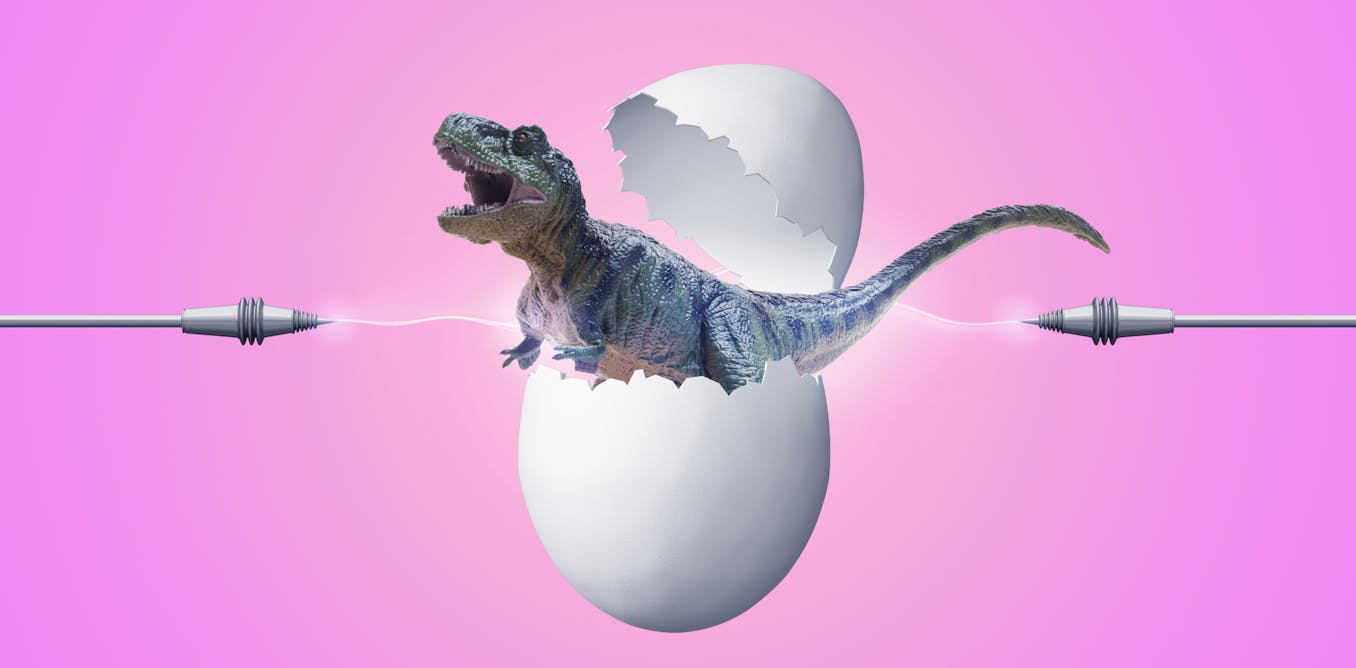Genetically modified crops aren't a solution to climate change, despite what the biotech industry says
Biotech firms are using climate goals opportunistically in an attempt to force through the deregulation of genetically modified crops.
Dec. 15, 2023 • ~8 min








